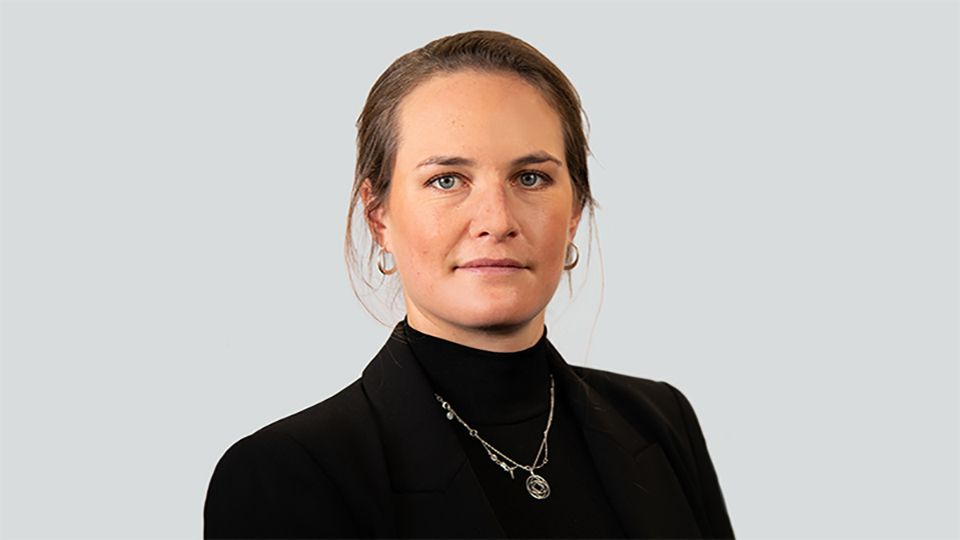The Securities and Futures Commission (SFC) has proposed to amend the Fund Manager Code of Conduct to make managers of collective investment schemes (CIS) take into consideration risks related to climate change, according to a consultation paper published this week.
The requirements range across their investment and risk management processes, and fund managers would need to provide disclosures to meet investors’ growing demand for climate risk information and to combat greenwashing.
They would be applicable to fund managers which run CISs, but at the initial stage they would not be mandatory for fund managers which manage discretionary accounts (in the form of an investment mandate or a pre-defined model portfolio).
The requirements cover four key elements: governance, investment management, risk management and disclosure.
The proposed governance, investment management and risk management rues would apply to fund managers which have discretion over investment management and risk management processes irrespective of whether they are overall responsible or manage only part of a fund. However, the proposed disclosure rules would be applicable only to fund managers which are responsible for the overall operation of funds — that is, they are not applicable to those who manage only part of a fund.
The regulator will also issue a circular setting out baseline requirements and enhanced standards for larger fund managers in order to improve the comparability of information across different fund managers.
In recent years, climate change has increasingly been recognised as posing potential financial risks for businesses, and these concerns have contributed to the development of green finance, and to several SFC initiatives.
REGULATORY MEASURES
In September 2018, the SFC announced a strategic framework to contribute to the development of green finance in Hong Kong. One priority was to engage with the asset management industry to formulate an appropriate regulatory response to climate change.
The SFC published a circular in April 2019 to provide guidance to management companies of SFC-authorised funds with an ESG investment focus. It released the results of its survey of asset managers in December 2019, indicating that it planned to develop standards and provide practical guidance on the management of climate change risks in asset management.
The results, published in December 2019, suggested that most of the asset managers surveyed generally considered ESG factors, which included the risks arising from climate change, but they did not take a consistent approach to disclosing this information and integrating climate-related risks into their investment decisions.
In addition, only a limited number of asset managers had processes in place to manage the financial impact of climate-related risks. These practices may not meet the expectations of asset owners and they are not on par with the latest international developments in this area.
The SFC established a Climate Change Technical Expert Group (TEG) in March 2020 to help develop expected standards, practical guidance and industry practices for integrating climate-related risks into fund managers’ investment and risk management processes. The regulator also conducted soft consultations with industry associations and representatives to solicit their views and suggestions on the key proposals, and has taken their comments into account in developing the proposed requirements.
The regulator said that while the baseline requirements would apply to all fund managers, their implementation would be subject to the “principle of proportionality” having regard to factors such as the size and complexity of a fund manager’s business and the investment strategies adopted by the funds under its management. Fund managers with AUM of HK$4 billion ($513m) or above — so-called “Large Fund Managers” — would be required to adopt a more robust approach and make more detailed disclosures.
However, to foster the development of a more consistent disclosure framework and minimise the industry’s compliance burden, the SFC has made reference to the widely endorsed Task Force on Climate-related Financial Disclosures recommendations in developing the proposed requirements and standards contained in its consultation paper.
Global fund managers which adopt group-wide policies and make a single set of groupwide disclosures may make reference to them to satisfy the SFC’s requirements provided that they are subject to similar or higher standards than our proposed requirements and that they explain how the group-wide policies and practices are being adopted locally.
Market participants have until 15 January 2021 to respond to the SFC’s proposals.









